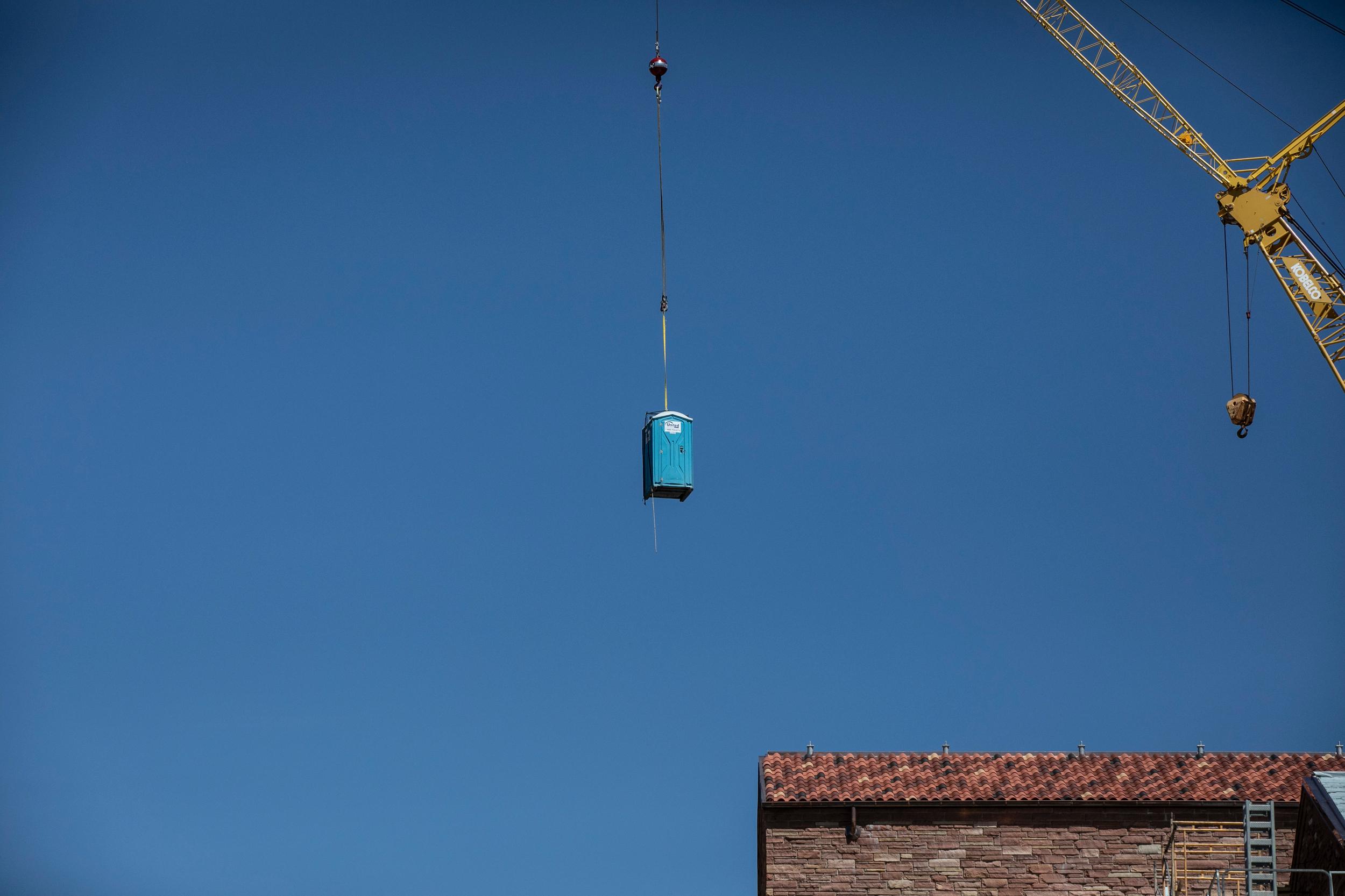
Everyone poops. Colorado health officials are using that to their advantage to help catch coronavirus outbreaks faster than current testing techniques.
The Colorado Department of Public Health and Environment announced Wednesday it will partner with sewage utilities and local universities to begin testing wastewater for COVID-19. The state invested an initial $520,000 to coordinate the effort.
Scientists say virus particles can appear in stool samples days before people show symptoms. Public health director John Putnam said research from Europe prompted the state to invest in the strategy.
“It can provide early warning in the vicinity of about four to seven days to know if there are major changes in COVID instances in the community, that we can then use to take that information to deploy testing or other sort of resources,” Putnam said.
Putnam described the new testing method as another tool in epidemiologists’ toolbox. At a simple level, wastewater testing is similar to nose swab tests used at clinics and hospitals. This technique won’t be able to identify if an individual or a household has been infected, but it will allow health officials to test large concentrations of people and provide an early warning for potential outbreaks.
With the partnerships the state has currently negotiated, wastewater testing will be able to survey more than 60 percent of the state population. Officials will use the incoming data to better inform new public health guidelines.
“Our first step when we get data from the wastewater analysis is we would be able to look at where we are seeing high incidents or a high level of virus in a community,” COVID-19 surveillance manager Nisha Alden said. “We would want to overlay that on a map with our case-level data saying, we know we have all these confirmed cases in these places, what does this wastewater surveillance data tell us in addition to that?”
Health officials don’t expect the wastewater testing to make an immediate impact. They said that there won’t be any meaningful information until trends are established over the next several months.
Stool samples will be collected from wastewater facilities twice a week, then sent to a university partner for testing.









